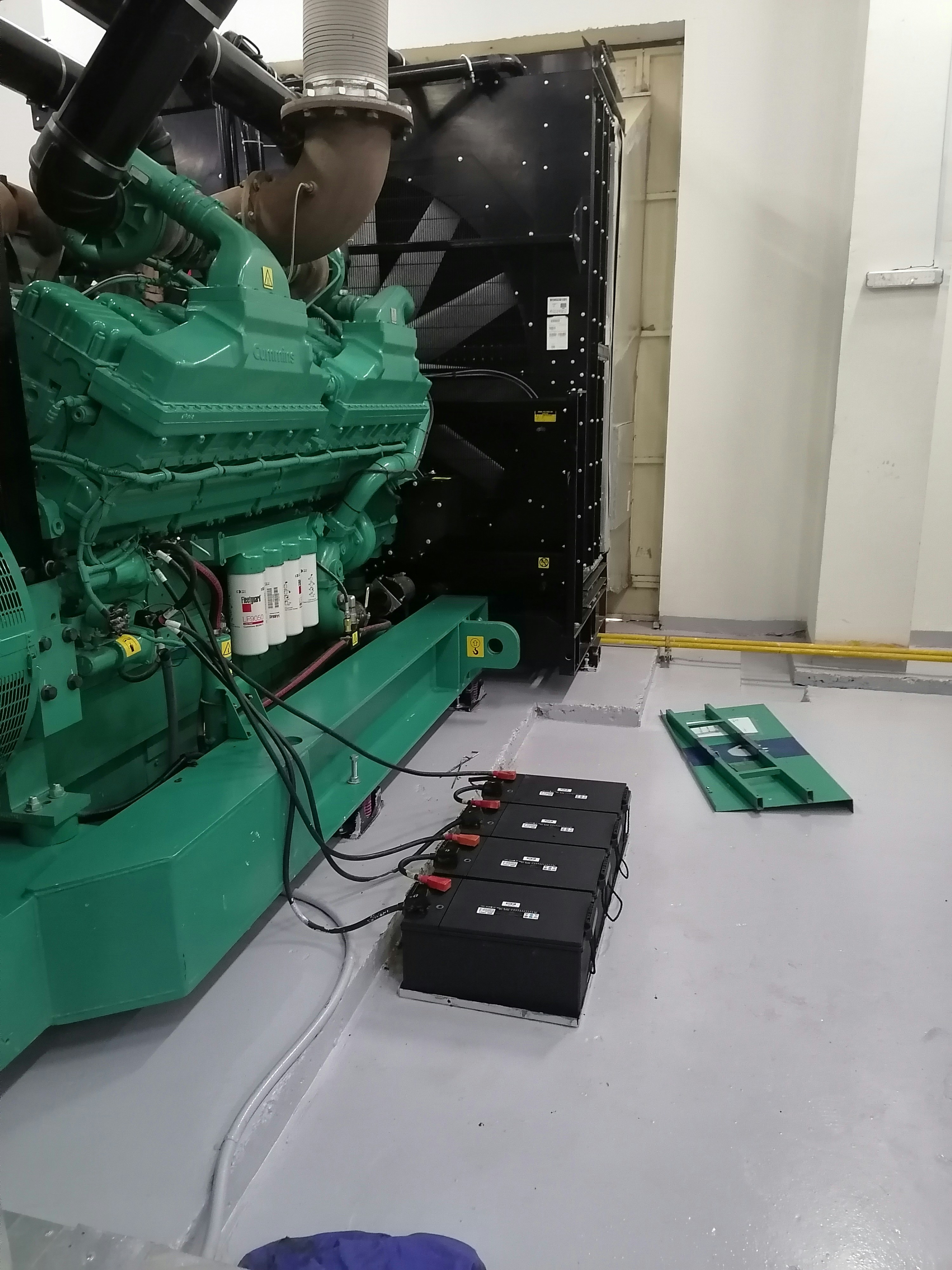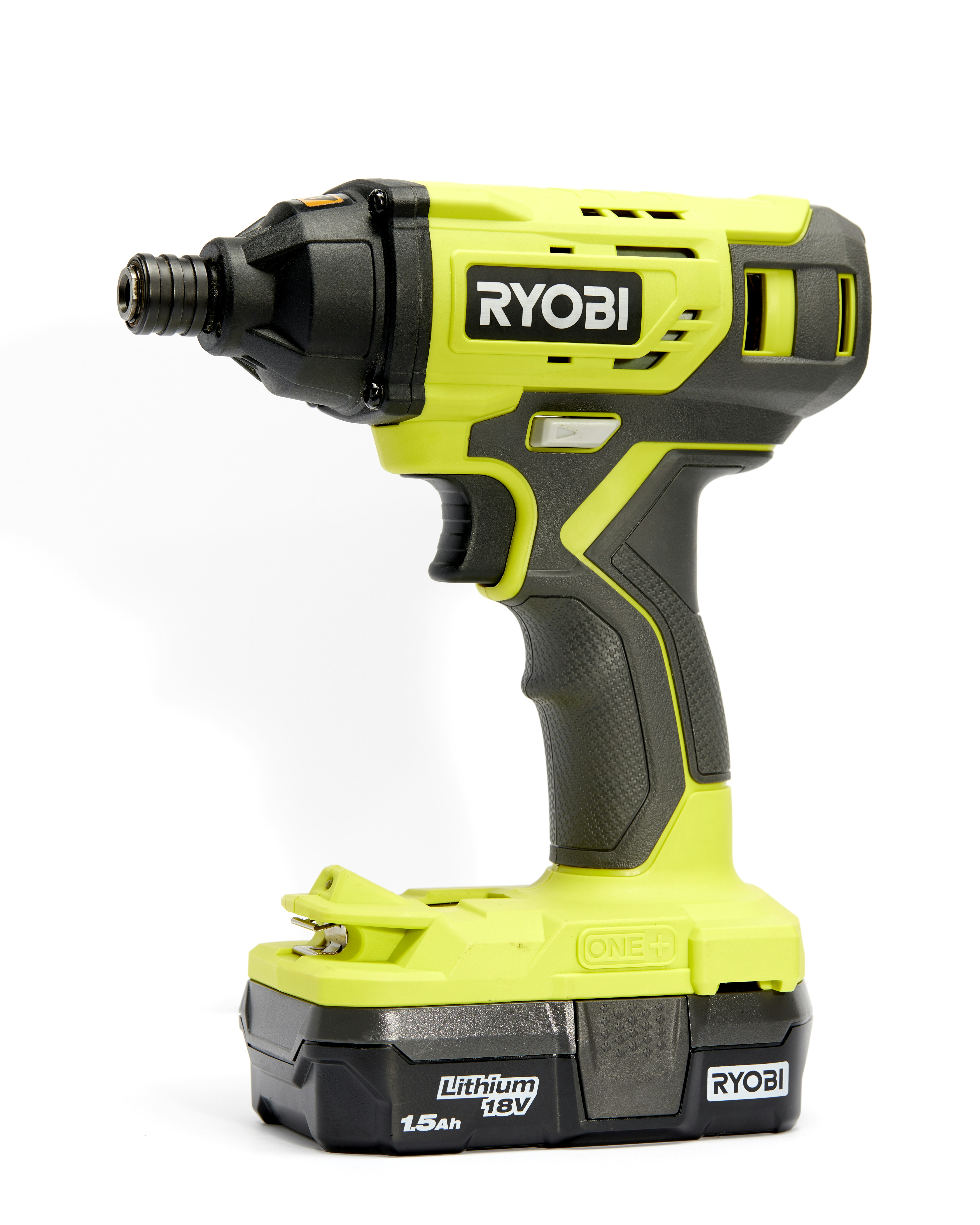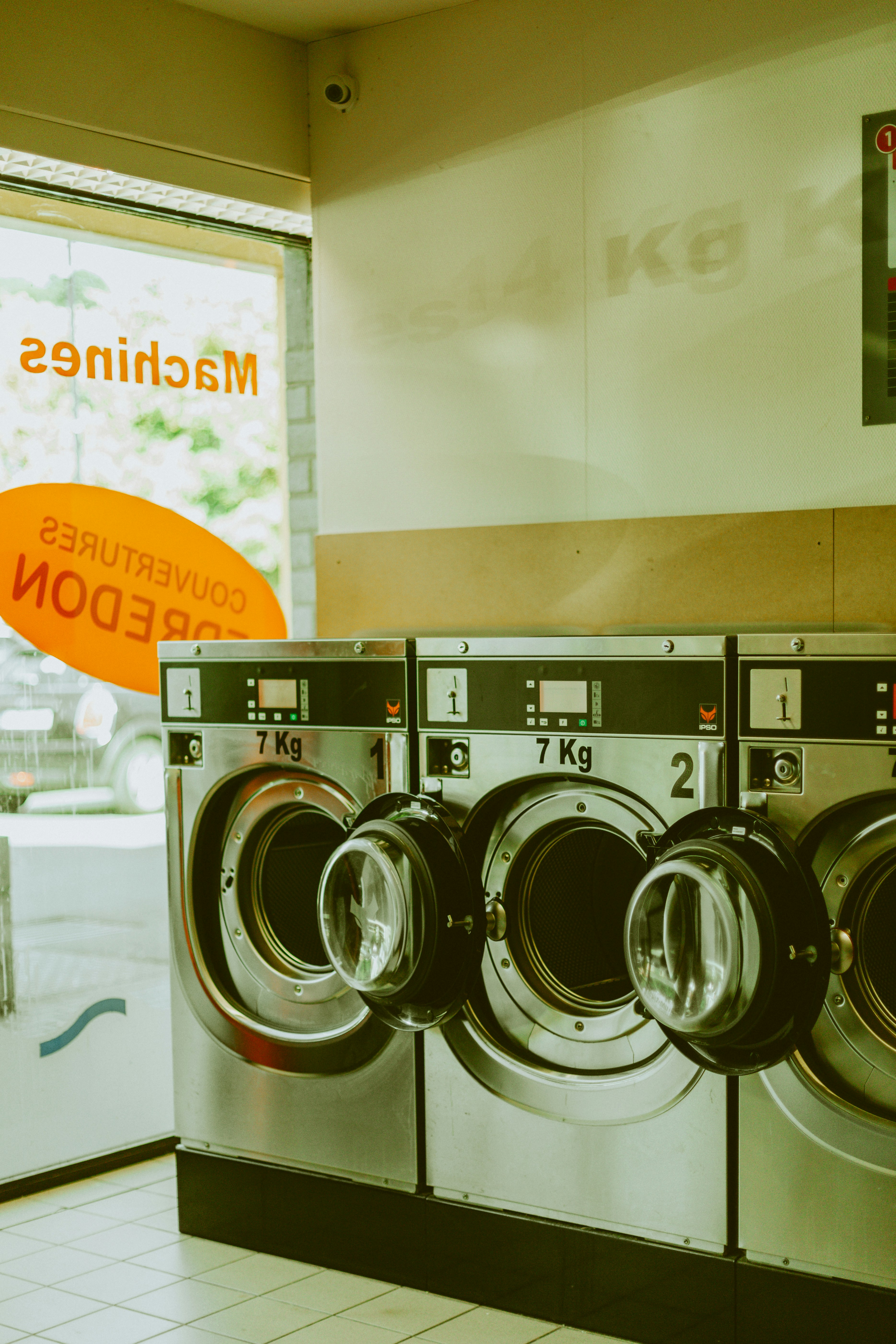Understanding the Need for Backup Power in Indianapolis
Indianapolis is no stranger to severe weather events, which can disrupt daily life and lead to significant power outages. Thunderstorms, tornadoes, and winter storms are particularly common in this region, posing substantial risks to both residential and commercial properties. According to the National Weather Service, Indianapolis experiences an average of 30 thunderstorms annually, often accompanied by high winds, hail, and, in some cases, tornadoes. These weather phenomena can result in downed power lines and extended outages, leaving many without essential services.
Statistics reveal that severe winter storms frequently impact the area, with heavy snowfall and ice accumulation leading to further disruptions. The Indiana Department of Homeland Security notes that winter weather can lead to power outages lasting several hours to multiple days. Such extended periods without electricity can jeopardize safety, particularly for vulnerable populations, including the elderly, children, and individuals with medical conditions requiring electricity for life-sustaining devices.
The average duration of power outages in Indianapolis is approximately six hours; however, prolonged outages are not uncommon during extreme weather events. The potential for loss of perishable food, damage to property, and disruptions in communication and heating underscore the necessity of securing a reliable backup power solution. Generators offer an effective means of mitigating these risks. They provide necessary power for essential appliances, heating systems, and medical equipment, ensuring that homes and businesses can maintain comfort and safety during adverse weather conditions.
Given the increasing unpredictability of weather patterns, investing in a generator becomes not just a convenience but a vital necessity. By understanding the historical frequency of weather events and their impact on power supply, residents can better appreciate the importance of preparedness and the role of backup power solutions in safeguarding their households and operations.
Types of Generators: Which One is Right for You?
Generators come in various types, each designed for specific applications and user needs. Understanding the differences can help you choose the right backup power solution for your requirements, especially in light of the unpredictable weather events experienced in Indianapolis.
One common type is the portable generator. These are versatile, lightweight devices typically fueled by gasoline, making them suitable for outdoor events, construction sites, or temporary home power during outages. They usually have power output ratings ranging from 1,000 to 10,000 watts, allowing users to power essential appliances such as refrigerators, lights, and even small heating units. However, while convenient, portable generators require manual setup and usually produce higher noise levels compared to other types.
Standby generators, on the other hand, provide a more permanent solution. They are installed outside of the home and are wired directly to the electrical system. Unlike portable generators, standby models automatically start during a power outage and can run on natural gas or propane. This type is ideal for homeowners who wish to maintain power for an extended period. They offer higher power output ratings, typically ranging from 8,000 to 20,000 watts. However, their installation costs are considerably higher, and they require regular maintenance to ensure functionality.
Another option is the inverter generator, known for producing cleaner electricity and quieter operation. These generators efficiently power sensitive electronics, making them popular for outdoor gatherings, RVs, or as a supplemental power source. They range in power output from 1,000 to 4,000 watts, making them less suitable for larger scale home use. Nevertheless, the portability and fuel efficiency of inverter generators make them a great choice for those needing temporary power in varied environments.
Ultimately, the best type of generator for you will depend on your specific needs, budget, and application. Each generator type presents unique advantages and disadvantages, so assessing these factors will aid in making an informed decision when purchasing a generator for your backup power needs.
Essential Features to Look for in a Generator
When considering the purchase of a generator, especially for the unpredictable weather events often experienced in Indianapolis, it is crucial to evaluate various features that can enhance performance, safety, and convenience. The following elements play a pivotal role in selecting the right generator to meet your needs.
Firstly, fuel efficiency is a significant factor. A generator that operates efficiently will consume less fuel, providing prolonged usage during power outages. This is particularly beneficial during extended weather events where power restoration might take longer than anticipated. It is also advisable to consider the type of fuel used—gasoline, propane, or diesel—as each has its advantages and storage requirements.
Next, noise levels should not be overlooked. Many areas have noise ordinances; thus, selecting a generator that operates quietly minimizes disturbance to both your household and neighbors. Generators with low-decibel ratings are available and can deliver the power you need without excessive noise.
Runtime is another critical feature. A generator’s runtime is the duration it can operate on a full fuel tank, which significantly affects its practicality in severe weather situations. Buyers should consider their power needs and how long they are likely to require backup power.
Ease of use is a fundamental characteristic; a generator that is cumbersome to operate may lead to frustration during critical moments. Features like remote start and automatic shut-off can greatly enhance user-friendliness, allowing you to manage the generator from a distance, particularly in adverse conditions.
Maintenance requirements also warrant consideration. A generator that is easy to maintain helps ensure long-term reliability. Features such as accessible oil filters and simple maintenance schedules can save you time and effort. Finally, safety features, including automatic shut-off mechanisms, are essential for preventing accidents in emergencies.
Moreover, if you anticipate needing mobility, consider opting for portable generators equipped with wheels, as they allow for easy transport and versatile use in various locations.
By prioritizing these essential features based on your specific circumstances, you can select a generator that will effectively meet your backup power needs during unexpected weather events.
Installation, Maintenance, and Safety Tips for Generator Owners
When investing in a generator, particularly for backup power during Indiana’s unpredictable weather events, proper installation is essential. Begin by selecting an appropriate location for your generator. It should be positioned away from windows, doors, and ventilation systems to minimize the risk of carbon monoxide entering your home. Ideally, the generator should be placed on a flat, stable surface and be at least five feet away from your house. This distance is crucial for safety, as it helps reduce the likelihood of hazardous fumes infiltrating your indoor spaces.
Connecting your generator to your home’s electrical system can be complex and must be done safely. Hiring a licensed electrician is highly recommended as they can install a transfer switch to ensure that power from the generator does not feedback into the utility grid during outages. This is not only a safety requirement but also a means to protect the generator and your home’s electrical system from damage. Always refer to the manufacturer’s instructions and your local building codes when making electrical connections.
Regular maintenance is vital for maximizing the performance and longevity of your generator. Routine checks should include changing the oil, replacing air filters, and inspecting fuel systems to ensure everything is functioning correctly. Troubleshooting common issues, such as fuel shortages or battery problems, can often be managed by following the guidelines in the owner’s manual. Furthermore, practicing safe operation is indispensable. Always operate your generator outdoors to reduce carbon monoxide risks, and never use it in enclosed spaces. Being proactive about these guidelines will help you maintain a safe and effective power source to navigate through Indiana’s weather events effectively.
If you’re interested in purchasing the item you seek, please click the link for additional details: #americanachoice.
https://amzn.to/3SBN3Oy
AFFILIATE DISCLOSURE: I am an affiliate for this company, I am not a paid employee.
I may receive a commission if you click a link on this page and choose to purchase something.
You can rest assured I will only share things I believe in and will be valuable to you.



